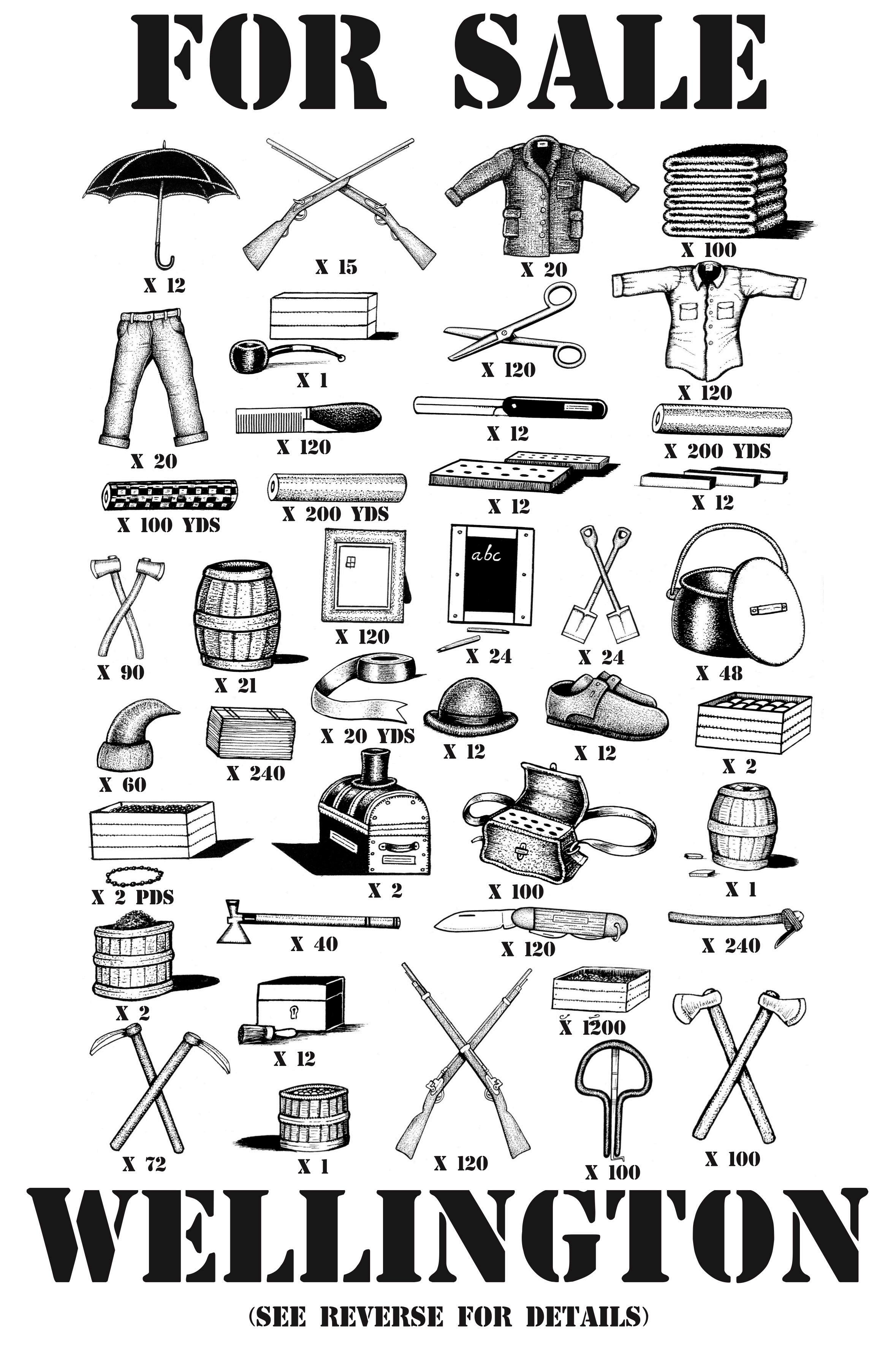
1 minute read
Security Matters // Murdoch Stephens, April 2010
In the desert of Central Iran is an abandoned caravanserai (silk-road trader hotel) which was used as a prisoner of war camp in the Iran–Iraq war (1980–88) and then as a detention centre (1989–2005) for Afghans who had fled the Soviets, warlords, Taliban and NATO. In one room of the caravanserai were thousands of abandoned files, each showing an image of a detained illegal immigrant.
I have 1100 of these photos.
Advertisement
I want to use either a series of empty apartments or a large commercial space to exhibit photographic reproductions of the most poignant of these images. They have not been shown or published before.
The commentary on these images is limitless, from sociological discussions on hospitality, war and family, to artistic/aesthetic discussions on the limits of found art and the ethics of documenting. The images will be voiceless sentries greeting citizens who are at war in Afghanistan, but who do not experience the war in any significant manner. Instead of using the apt sixties slogan of ‘Bringing the War Home’, I will simply quote the chilling new no-speak of the war on terror: ‘You know that we don’t comment on security matters.’
Postscript
Murdoch Stephens, 2022: I spent two years trying to work out what it meant for me to have these photos and where they belonged. In this first email to Letting Space
I see how my focus was on the New Zealand context of using these images to speak to our government’s role in the war on terror. While the secrecy of ‘security matters’ continues, my ideas about the images became less oblique as I thought more about what it would take to honour the people in the images. The first step was realising that I was in possession of an archive — the Anjīrak Afghan Archive.
I eventually showed the photos at Pātaka Art + Museum in 2013 and kept the idea of the sentry by having a curved wall where the viewer would feel themselves surrounded by the images and seen by those in the pictures. That same year I founded the Double the Quota campaign, which led to the first increase in New Zealand’s refugee quota since 1987 and, eventually, a doubling of our refugee intake to 1500 places.
The photos in the exhibition were digitised and the originals given to the permanent collection of the Afghanistan Center at Kabul University.
After the return of the Taliban in 2021, an Afghan photojournalist friend told me that they had lit a small fire in the building housing this collection. There is no longer anyone there who might be able to report on the condition of the images. The safety of the images now means a lot less to me than the conditions being faced by my friends and their families who remain in Afghanistan.



